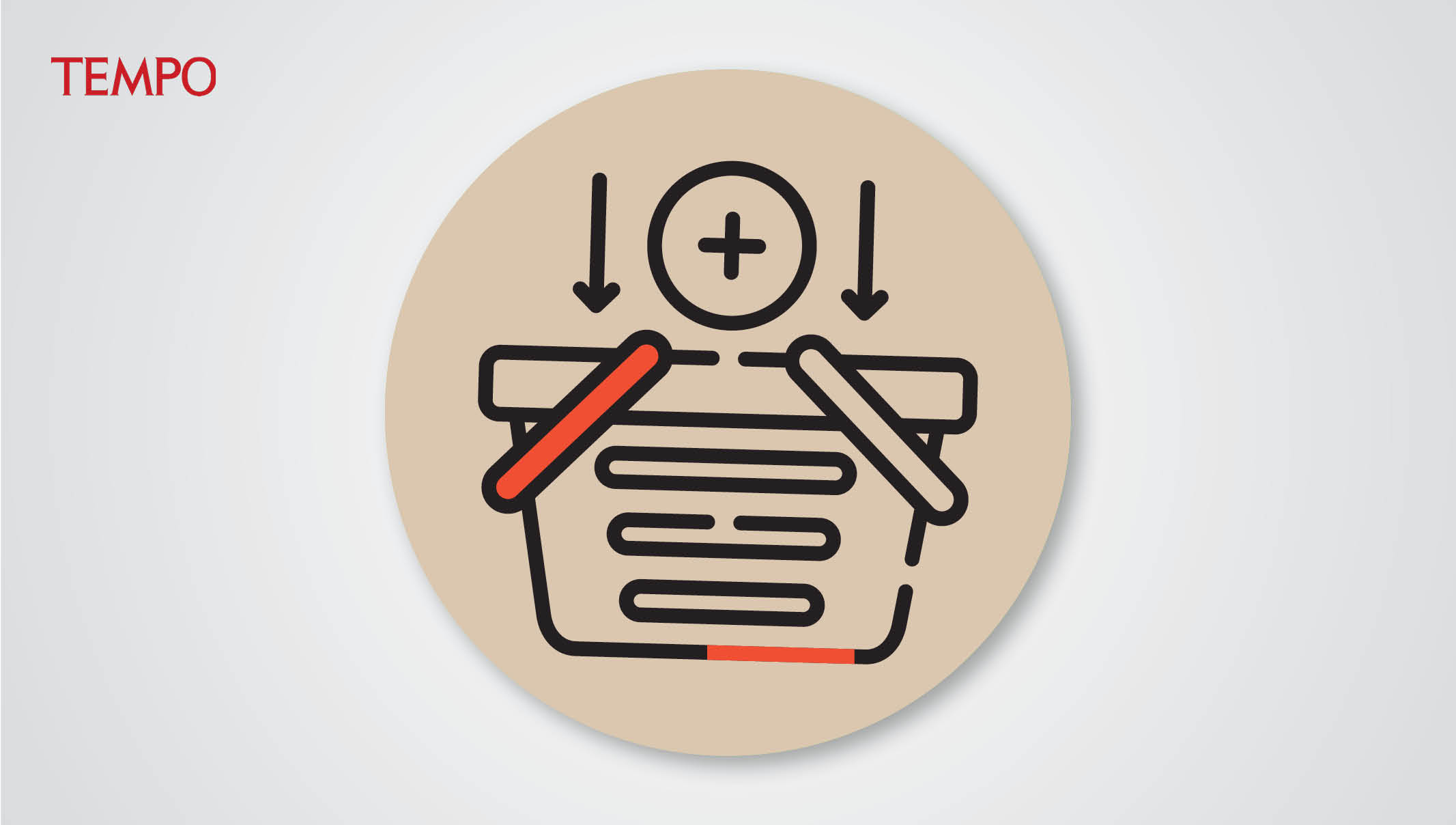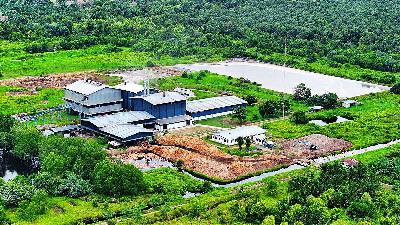The Chronic Garlic Trade Sickness
Monday, May 27, 2024
The price of garlic continues to soar as a result of a shortage of supplies. This is further evidence of the problems caused by the import quota system.
arsip tempo : 174732638377.

THE treatment for the chronic garlic trading sickness is actually simple: end import quotas. As well as being highly prone to rent seekers taking advantage of them, every year the import quota system disrupts supplies and the price stability of garlic.
The current shortage of garlic is proof of this. As of Friday, May 17, at least 14 of the 19 central markets had shortages of garlic. In a week, average stocks at all these central markets were only 151 tons, much lower than the usual 191 tons.
As a result, the rise in garlic prices, which began in March, is increasingly becoming out of control. According to the National Food Agency, as of May 22, the national average price of garlic at the trader level was Rp42,830 per kilogram, far higher than the maximum retail price of Rp32,000 per kilogram.
The cause of the problem lies with the government. At the end of last year, the government set the garlic import quota for 2024 at 645,025 tons. But as with every previous year, the realization of these imports was held up by the bureaucratic permit procedure. Importers have to obtain an import approval document from the Trade Ministry before bringing in garlic from overseas. Before this, they need to obtain a horticultural products import recommendation (RIPH) from the Agriculture Ministry.
Problems arise when this bureaucratic process grinds to a halt. As of May 16, the Trade Ministry had only issued approval letters for 349,000 tons of imports to 56 companies. Dozens of these importers only obtained approval at the beginning of May. As a result, in the last five months, actual garlic imports have been less than one fourth of the total allocation for this year.
Of course, as expected, the slow realization of imports is not entirely caused by administrative matters. Recent findings by the Indonesian Ombudsman indicate possible maladministration and abuse of authority in the issuing of garlic import permits. The Ombudsman obtained a statement from an importer being asked to pay a commission of Rp4,500 to Rp5,000 per kilogram in order to obtain approval from the Trade Ministry for imports. The mandatory planting requirement in the RIPH granting mechanism at the Agriculture Ministry is also highly prone to corrupt practices.
The government needs to immediately end the garlic import quota system that has been proved to bring about so many disadvantages. Garlic trading is not complex. The monthly demand is stable, and it is easy to predict market needs. And the source of supplies has always been clear. Imports are unavoidable because this commodity does not grow well in tropical regions, such as Indonesia.
This means that the job of ensuring guaranteed supplies and preserving the stability of garlic is not actually difficult. Liberalizing imports will force importers to compete, which will result in fair prices in line with the market mechanism. All the government has to do is to monitor competition to prevent monopoly practices or cartels, which are no less dangerous to the economy. Of course, this can only be done by a government not readily taken advantage of by rent seekers.











